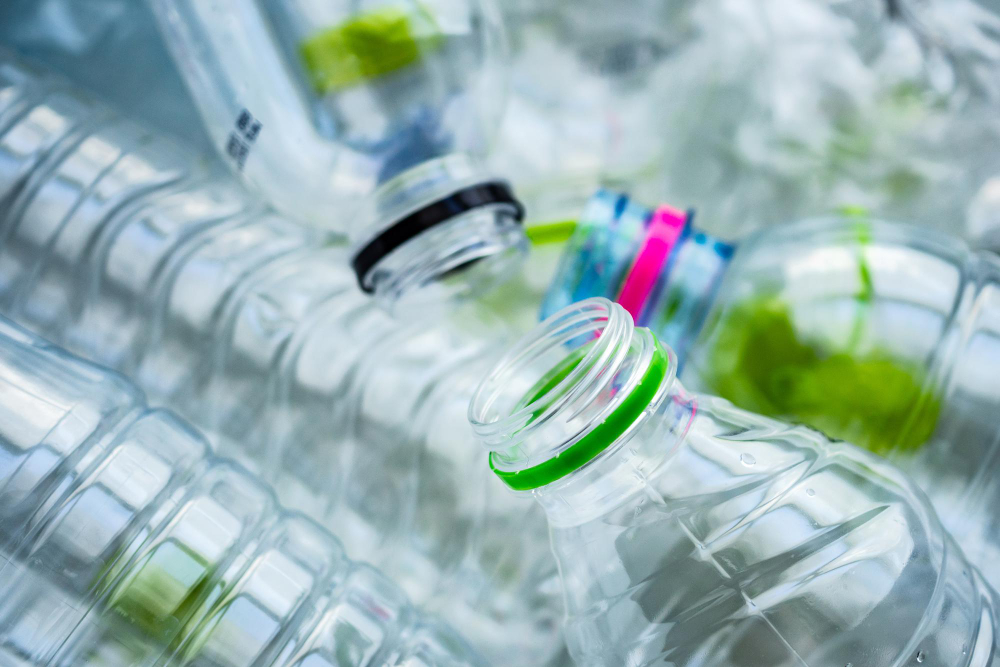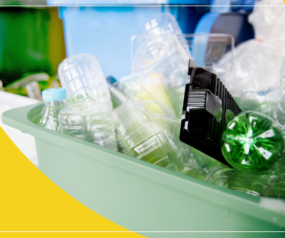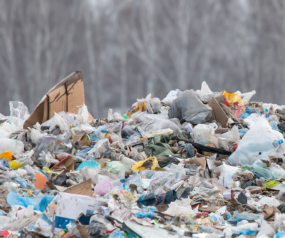How Plastic Waste Can Help Developing Countries Economically
People in developed countries generate significantly more plastic waste than people in less developed countries. As a country’s wealth increases, the demand for consumer products increases. Also, products are replaced or changed more frequently, resulting in increased volumes of waste.
Billions of metric tons of plastics were estimated to have been manufactured since the flexible and light material first appeared in our daily lives several decades ago. The great bulk of plastic waste is thrown away, but we do not know exactly where they end up.
Many wealthy countries ship their recyclable waste overseas because it is less expensive. This also helps them meet their recycling targets and reduces the amount of waste that ends up in landfills Materials that cannot be recycled wind up being unlawfully burned, dumped in landfills, or disposed of in rivers, posing a threat to the environment and human health.
While this looks to be a disadvantage, scientists have uncovered a potential benefit to this seemingly unequal transaction. Plastic garbage has the potential to be a welcome boost for low-income countries by generating economic opportunities.
Recycling plastics
Recycling is a sophisticated system that is influenced by a variety of elements. There is a range of various roadblocks that can prevent this procedure from being completed successfully. Almost all plastic can be recycled in theory. However, this is not the same in practice.
Recycling plants, which can cost millions of dollars to construct and operate, can only be economical if a significant volume of plastic is recycled on a daily basis.
Meanwhile, recycling small quantities of plastics can become uneconomical if there is low efficiency and high costs involved. This will ultimately lead to low returns on investment.

The livelihood of recycling plastic
Plastic recycling has long been hailed as a lucrative business opportunity, and it may be pretty successful in some circumstances. Growing public awareness for a greener world and more eco-consciousness among people has resulted in the recycling industry becoming one of the most innovative and profitable businesses with great returns.
Time, effort and financial investment must be made into the sorting process to maximise profits. This is done manually for most small recycling operations, which requires a significant amount of time and work.
How can you make money recycling plastic?
Recycling has developed into a multibillion-dollar industry with numerous revenue streams. There are multiple types of recycling businesses, and each one is profitable in its own way.
Plastic recycling is entirely achievable, even though it might be a difficult task at times. The material may be reprocessed and recycled back into the circular economy with the proper machinery, skill, and equipment.
To successfully start a plastic recycling company in your area, one must first understand the rules and regulations governing trash management and recycling in the area. If you do not adhere to the rules and regulations governing waste management, the ramifications can be severe. Thus, it is important to get assistance from industry organisations and the appropriate environmental authorities.
Recycling firms can generate revenue through collections. A company can negotiate contracts with businesses or local governments to oversee commercial and residential recycling collection and disposal for a predetermined fee.
How can developing countries make money recycling plastic?
When developed countries export their plastic garbage to developing countries with less developed recycling infrastructure, the plastics are frequently dumped. However, some are also recycled and used to generate profit. Plastic, cloth, glass, and scrap metal are among the materials that recycling plants profit from.
One of the primary reasons plastic recycling is a thriving company in underdeveloped countries is the high unemployment rate. The reason for this is that the majority of better-qualified individuals are already employed in the modern industry and are not looking for wage jobs in developing countries.
Another contributing element is the low labour costs. Companies are more likely to hire additional employees when labour costs are reduced.
When it comes to recycling plastic, it might be not easy to generate money unless you are strategic and meticulous in the process. Furthermore, only specific types of plastic can be recycled.
Which plastic can be recycled?
Polyethylene terephthalate (PET) is the plastic that is recycled the most around the world. This material is extruded or moulded into plastic bottles and containers to be used in the manufacturing of packaging. A large amount of this material can also be used to make carpets and clothing.
High-Density Polyethylene (HDPE) is another plastic substance that is generally accepted for recycling. These materials are often collected by recycling businesses and sent to big processing facilities for further production. HDPE is then shredded and heated down in order to purify the polymer. Afterwards, the plastic is cooled to form pellets, which can be used in the manufacturing process.
Moving towards sustainable plastic packaging
Although some countries can benefit from plastic waste, discarded plastic can still harm the environment. One of the best courses of action to take is to support companies that produce sustainable packaging.
Sustainable packaging necessitates the conservation of natural resources. Since these packing materials are biodegradable, they may be disposed of without causing any harm to the surrounding environment.
Plas-Pak strives to create and supply plastic items that are completely recyclable. We believe that we have a responsibility to protect and preserve our natural environment. The organisation is continuously implementing new methods of reducing trash and scrap, and our staff are committed to achieving our common objective of zero landfill waste.





